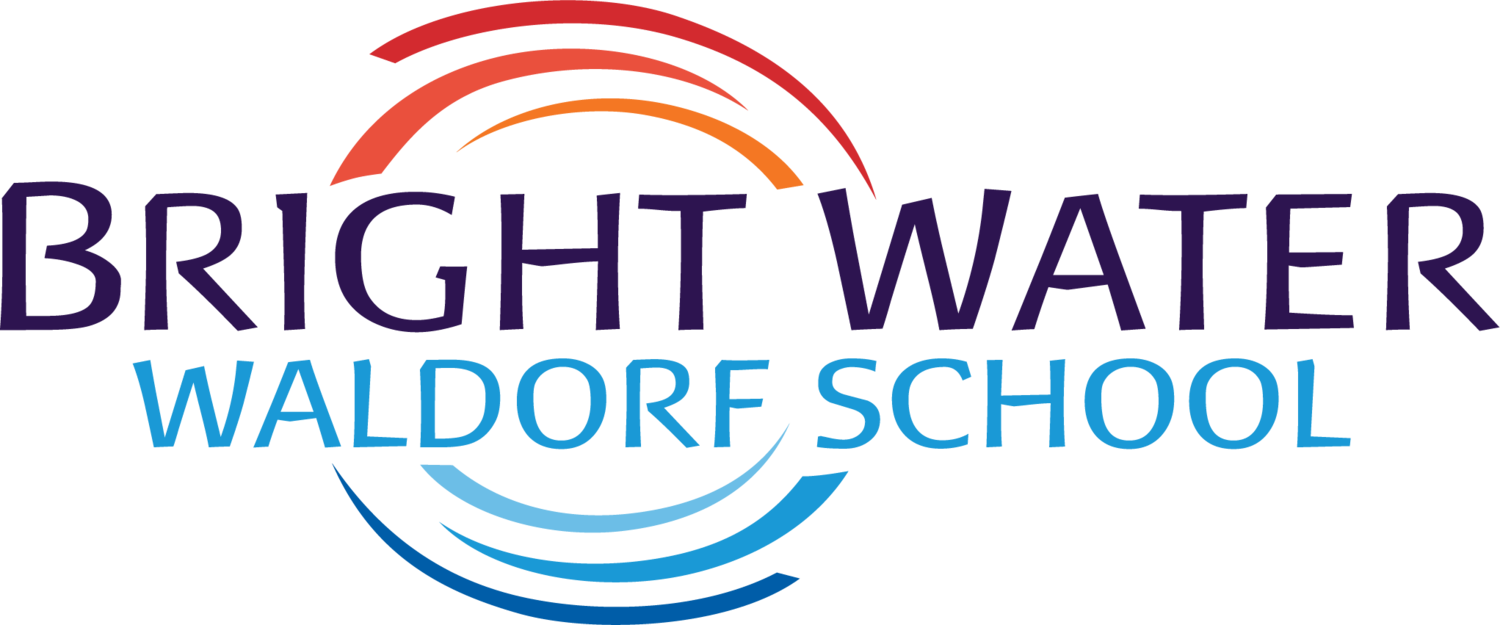Philosophy and Purpose Regarding Electronic Media
Modern science is validating what Waldorf teachers have known for a long time: the consumption of media by infants, children and young people inhibits their healthy development. In today’s world, phones, movies, games, music, podcasts, texts, social media, calculators, calendars, word processors, research libraries and other technological and educational tools are contained in the same apparatus and are often operating at the same time. It is increasingly easy and convenient for adults and children to be consumers of media, and we acknowledge there are positive uses of electronic devices and social media for adults.
As Waldorf parents and teachers we must embrace the world of technology, and many of us choose to use electronic media ourselves. However, early media consumption by children hinders the educational foundation of inner picture building and transformation, and the strengthening of the will that are essential to Waldorf education. It is therefore critical that parents make careful and conscious decisions about when and how media is introduced to their children.
As Waldorf educators, Bright Water teachers are actively guiding the students to build inner imaginations based on true stories and real world sense experiences. These are the foundation of our children’s education; they are moral, beautiful and true. Students take these images into their sleep and come back the next day ready to build the concepts of their education from these pictures, which they have transformed and made their own. Media and virtual images take away from or damage these pictures. They divert children away from direct human interaction and authentic experience. Video games, in particular, do not portray the image of the human being in an authentic experience.
Studies show that a direct experience, as opposed to a virtual one, has a measurable positive impact on brain development throughout childhood and adolescence. Further issues associated with media that are adversely impacting child development are well documented, including Continuous Partial Attention, early consumerism, obesity and the premature sexualization of children. We recognize that computer literacy is a necessity in today's world, but it is clear that students learn to best use electronic media as a resource and tool when these media are introduced after children have developed a rich experiential foundation.
At an appropriate developmental age, media can become a supplement to – not a substitute for – the richness of direct experience. Therefore, technology is thoughtfully introduced into the curriculum when it is developmentally appropriate and in a way that enriches students' learning.
The Bright Water community works hard to foster authentic human experiences each day. We maintain and strengthen this by engaging in conversation within our class communities, to gain perspective on how media exposure relates to each age and stage of development. From this understanding, we forge our agreements each year to renew our commitment to the healthiest possible childhood. We ask families to use the same care in the context of media at home.
Please think carefully about the Bright Water philosophy and the following guidelines that complement Waldorf education. We ask families to actively support the philosophy in daily family life. BWWS expects families to take the following guidelines seriously and embrace the guidelines in support of the education that you have chosen for your child(ren).
Our education will be a positive and creative experience for every student if we respect these guidelines. BWWS reserves the right to encourage parents to reduce or alter their child's use of media if that exposure is undermining his or her education or the education of others.
These guidelines reflect our mission statement supporting the development of creative minds, capable hands and compassionate hearts. This supports our children to become self-directed, confident, and able to take on the challenges of our time.
Media Guidelines
Early Childhood: Birth to Seven
We feel strongly that a screen and electronic media-free early childhood is a significant factor in creating a nourishing environment for the young child. In the early years, children learn by imitation. Exposure to media images does not support the imagination of the growing child.
BWWS asks that parents affirm their commitment not to expose their children to electronic media and screens during their early childhood years. This includes: recorded/broadcasted music, film, video, phones, games. A media-free childhood is a true gift.
Teachers are always happy to assist with transitions toward a media-free environment, and welcome conversations with parents. Early Grades: Ages 7-11 To help maintain the integrity of the classroom throughout the Early Grades BWWS asks that its students come to school with clear minds and hearts. The importance of a free imaginative life is paramount, and in these years, the education relies on pictorial content as a center of the education. To preserve and protect the quality of a child's education, BWWS asks families to provide an environment that has no media exposure on school nights and mornings. This includes no smartphone usage.
Prior to the 9 year change (or prior to age 10), we request serious restriction or no exposure to the images and content of all media. After the 9 year change we request very conscious and careful exposure all the while keeping in mind the Waldorf education philosophy.
Middle School: Ages 12-14
It is our belief that the middle school age child is too young to navigate the dangerous world of social media and this is better left for high school. In this light we request no middle school child to use smartphones. If your child has a phone they must follow the school wide cell phone policy (see page 9). Cell phones are to only be used in the front office or off campus. BWWS ask that middle school students do not have school night or morning media use except as a school assigned aid to complete homework.

